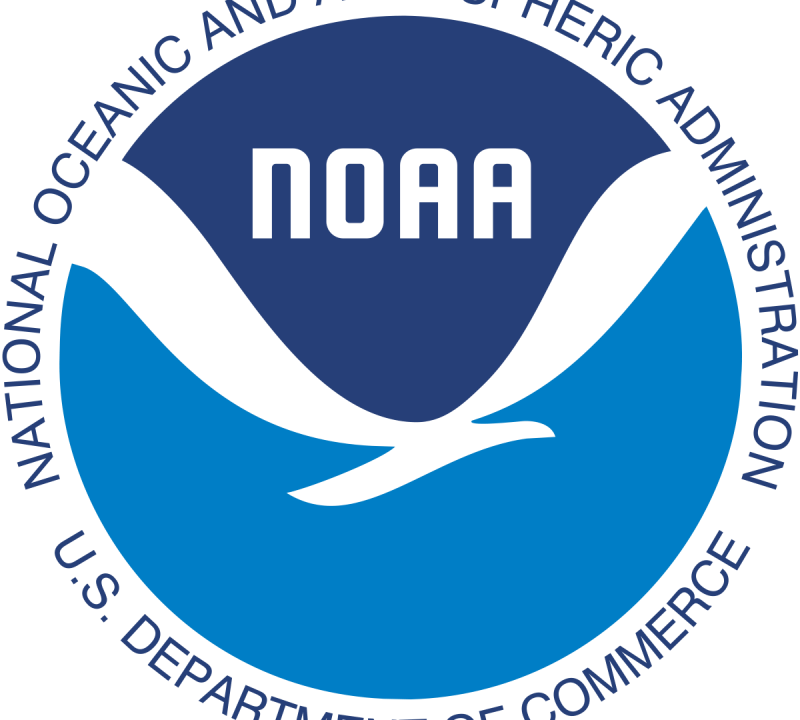
NOAA : Weather-Ready Nation
NOAA’s Weather-Ready Nation is about readying your community for extreme weather, water, and climate events. NOAA’s hub for all educational and informative material about weather and a changing climate.

NOAA’s Weather-Ready Nation is about readying your community for extreme weather, water, and climate events. NOAA’s hub for all educational and informative material about weather and a changing climate.

NOAA’s Weather-Ready Nation initiative is about building community resilience in the face of increasing vulnerability to extreme weather and water events. In People of Weather–Ready Nation, we sit down with some of
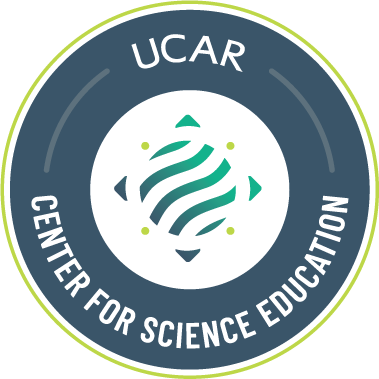
Explore weather phenomena with GLOBE Weather! Developed to directly address Next Generation Science Standards, this FREE five-week curriculum unit is designed to help middle school students understand weather at local, regional,

This resource provides detailed background information on different marine animals. You’ll find animals with shells, animals that look like plants, and even animals that are mammals.
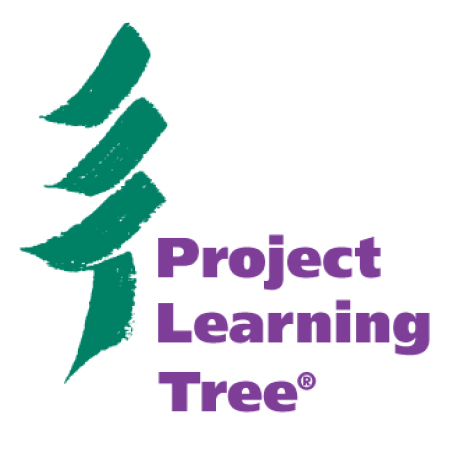
Five hands-on, student-driven investigations are at the heart of the PLT GreenSchools program. Using critical thinking and problem-solving skills, students will analyze their school’s energy, water, school site, waste and

Hurricane & Sea Level Rise Resilience is a high school environmental science curriculum for use in coastal locations where hurricanes are common. Through 20 days of instruction, students make connections between

NOAA’s Community Resilience Education Theory of Change strives to provide a framework for how K-12 formal and informal education projects are critical to building community resilience against extreme weather, climate change,
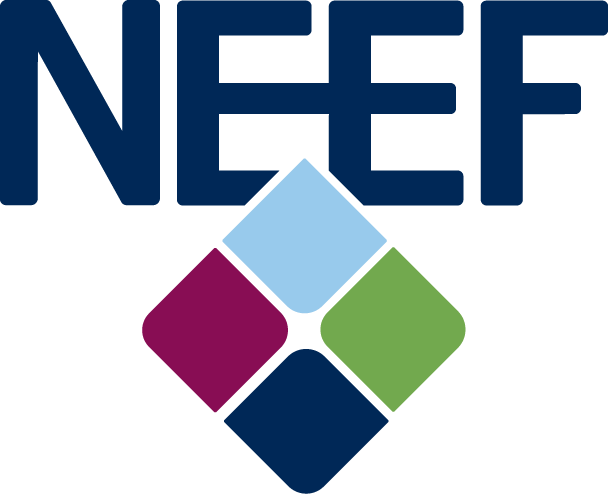
Greening STEM Biodiversity Activities For The ClassroomLearn about biodiversity with resources developed by NEEF and the Frost Museum of Science for implementation in virtual classrooms.
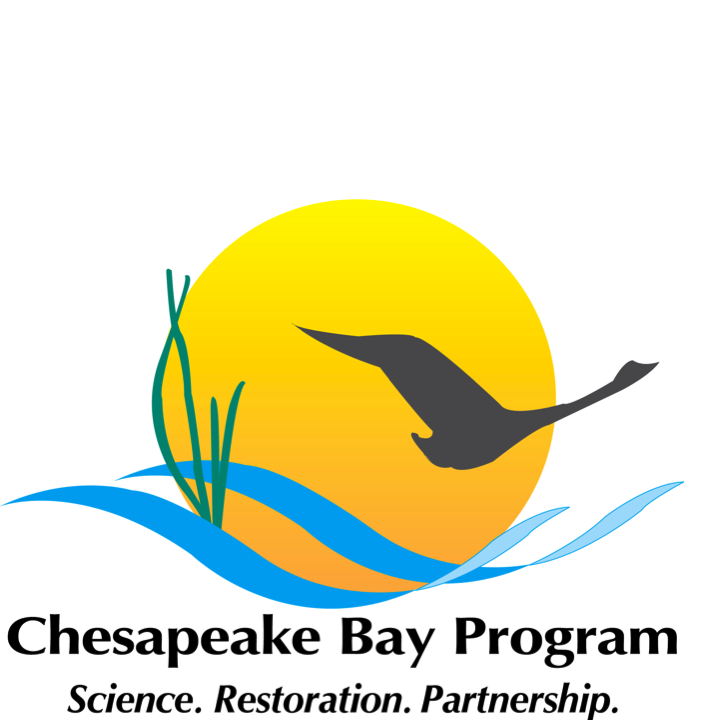
Our everyday actions—from fertilizing our lawns to driving our cars—have a significant impact on the Bay. But by making simple changes in our lives, each one of us can take
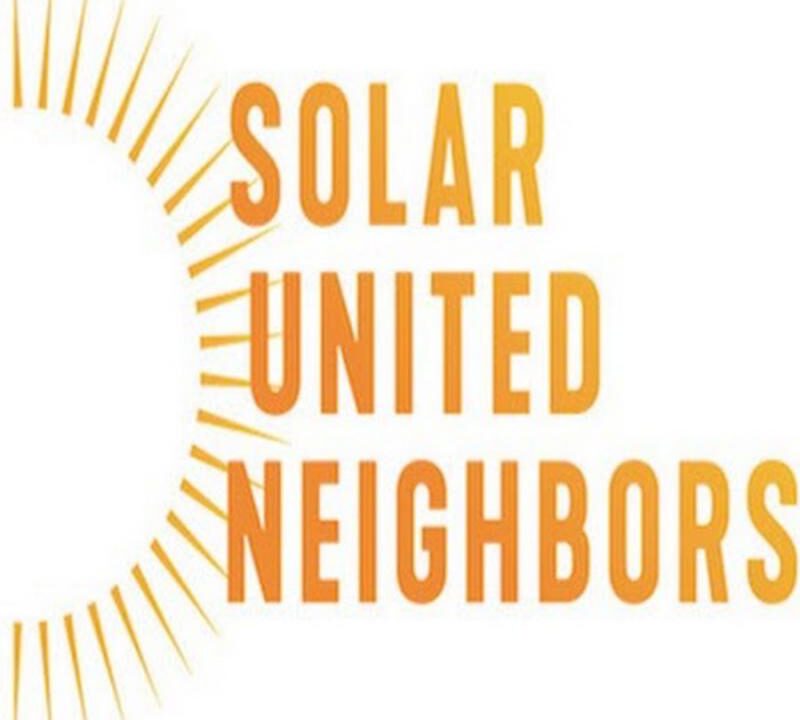
Scouts of all ages can learn about how solar works, discover solar energy at work around them, and become solar ambassadors to help grow solar in their communities.